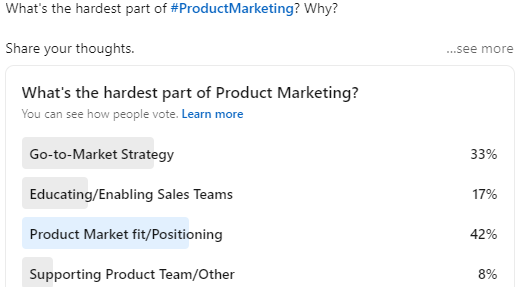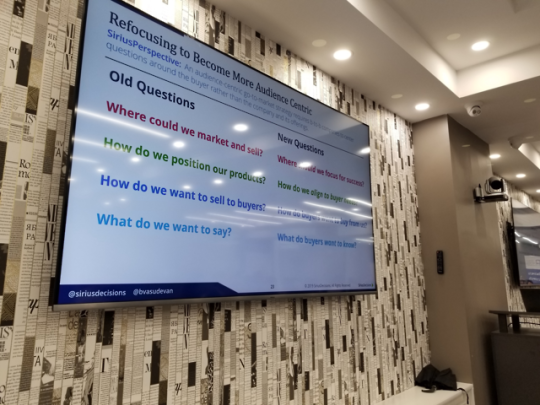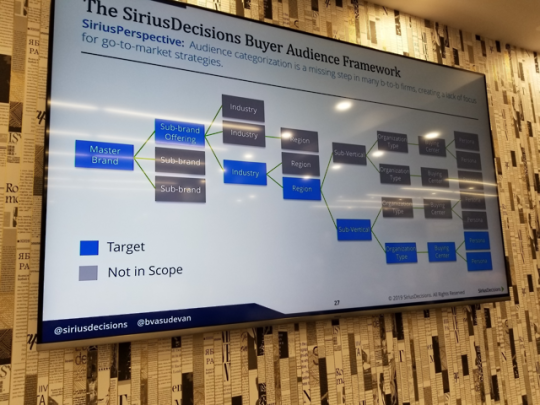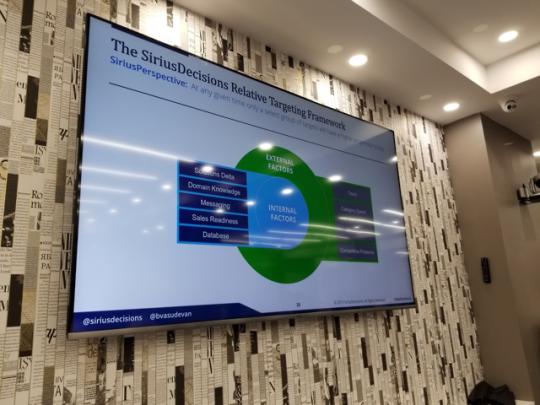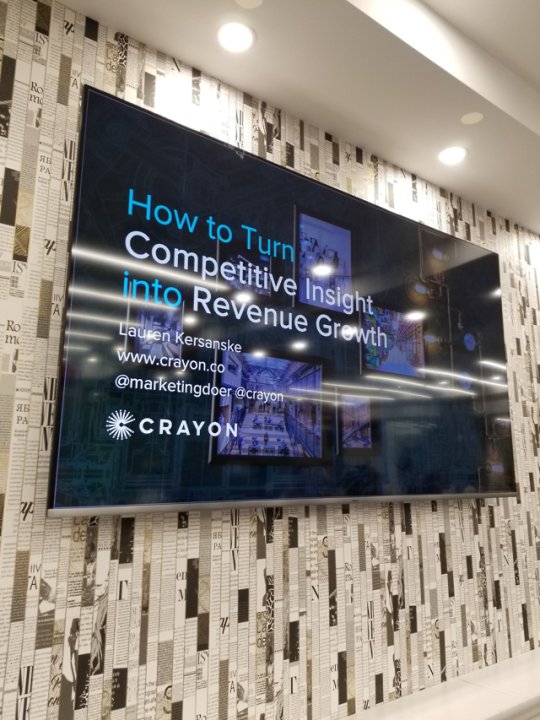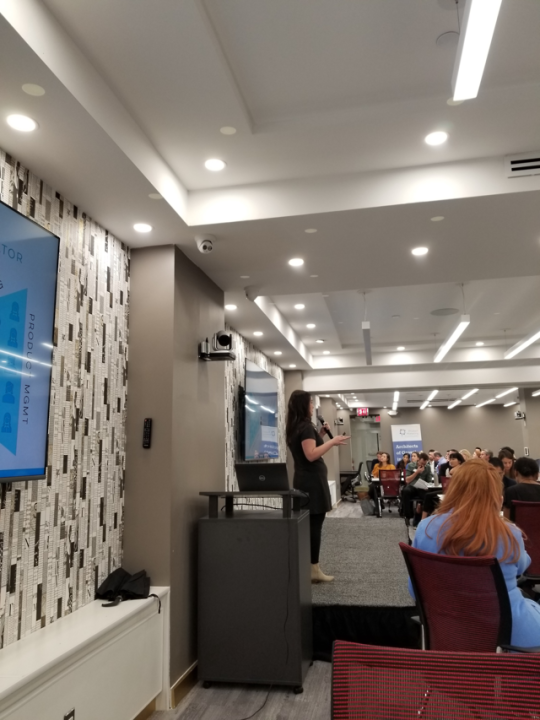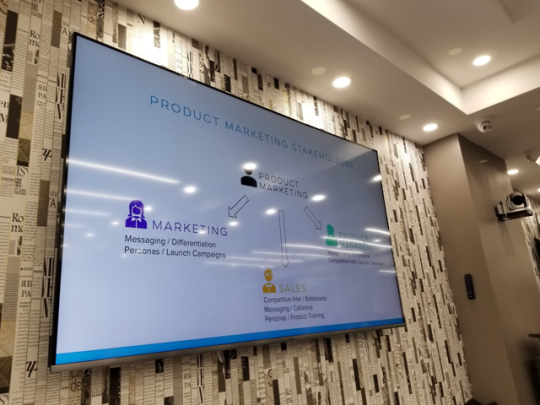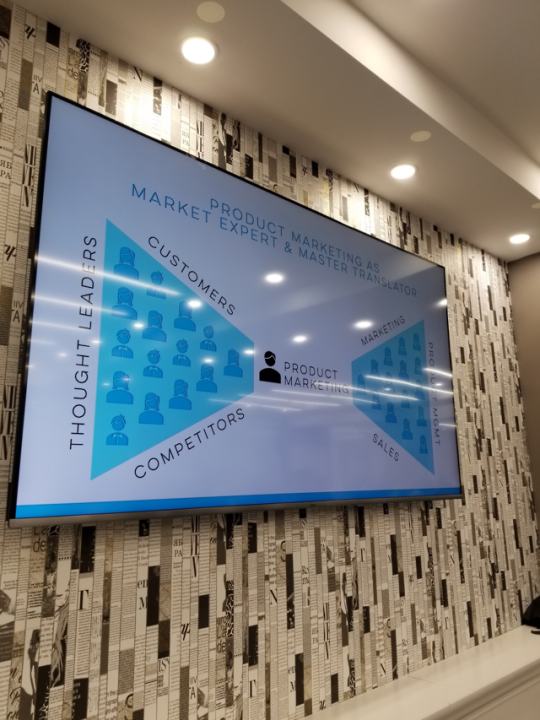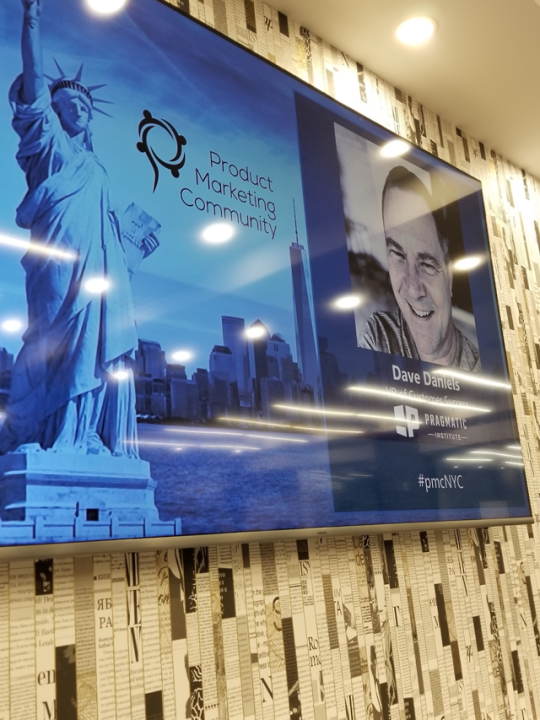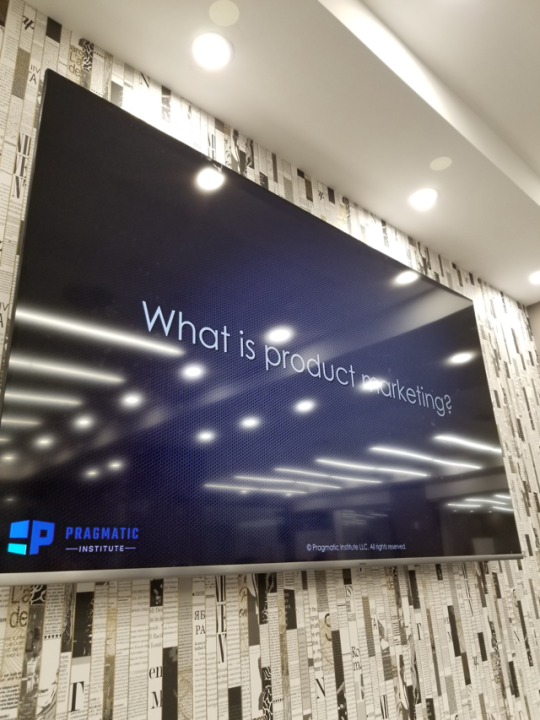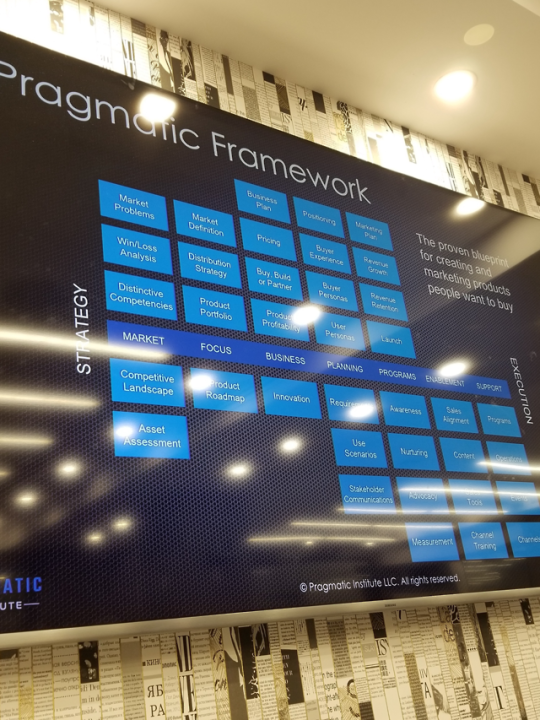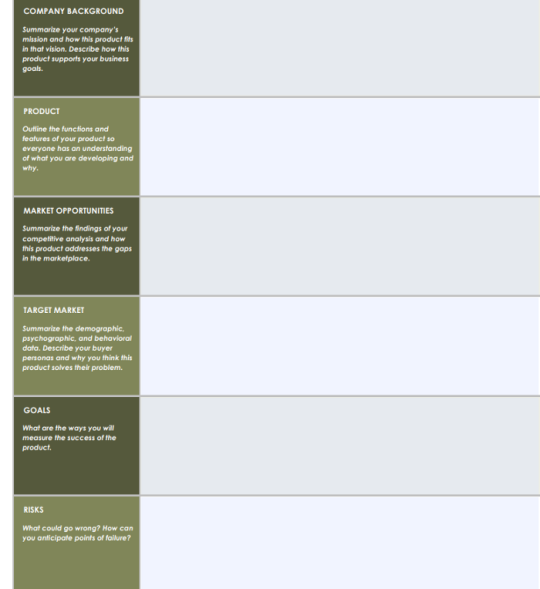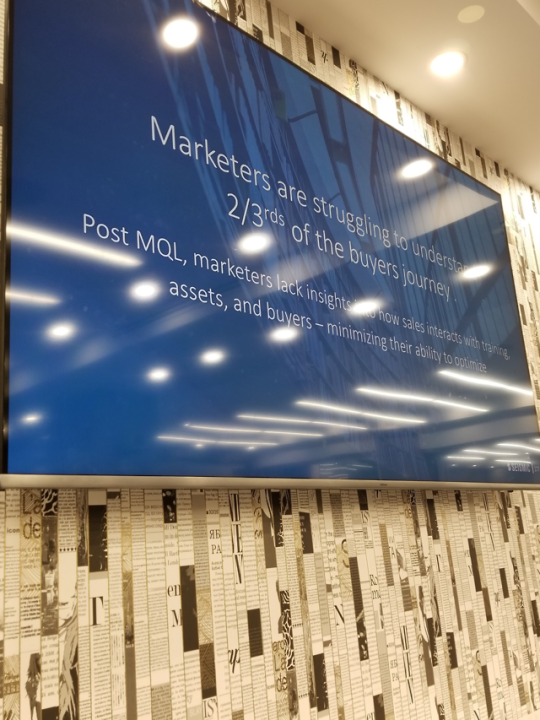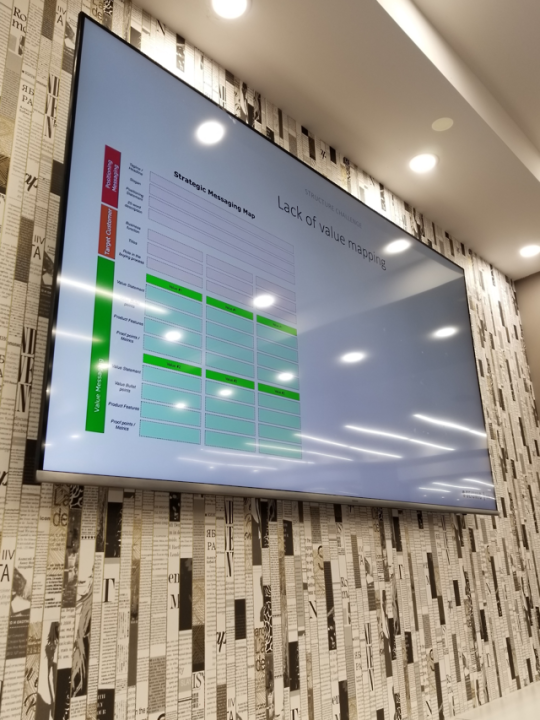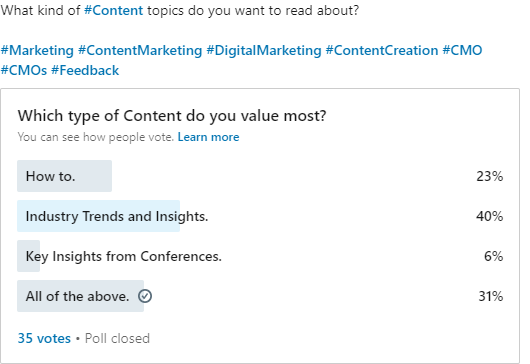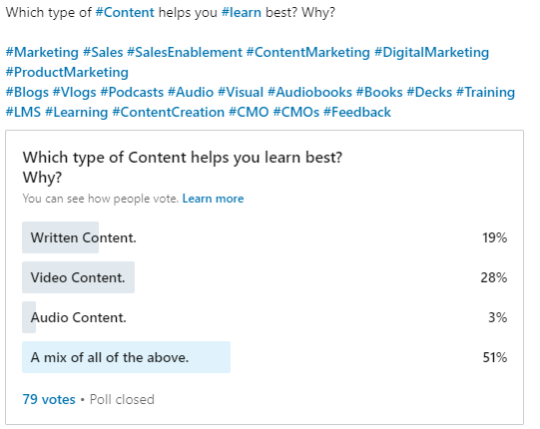How Free, Low-Cost Trials & Loss Leaders increase Sales & Customer Loyalty
Free or Low-Cost Trials
When creating a new offering, I would offer a free or low-cost trial of your product to both end-users and industry experts. Consumers look for social proof before they buy a product. If the product is new, then none exists. To lower buyer resistance, you need to make the buyer feel comfortable about their purchase. Offering free or low-cost trials of your product is a great way to build trust and gather feedback. You can conduct market research and product testing using surveys to ask potential customers about their experience.
If your product helps to solve a customer’s problem, they will be happy to share it with others; increasing the chance of converting prospects into paying users. Product testimonials and endorsements help to address product reliability and usability. Customer testimonials build loyalty, brand recognition, and sales for your product.
Loss Leaders
If free or low-cost trials are not something that you can offer, you can use loss leaders. A loss leader is when you offer a product at a loss or break-even point to gain future business. Supermarkets and e-commerce businesses do this when a new product is rolled out.
Another place I saw loss leaders was in dental field sales. Certain customers were loyal to certain types of equipment. When I asked why, they said that these were the tools they used in school and they were comfortable using them. As a result, they did not want to switch. When I called on dental schools and hospitals, I found they were in contract with larger competitors. My larger competitors sold the equipment at cost; practically giving it away. Why would they do this? My competitors were creating life-long customers trained on certain tools who refused to switch.
Connection, trust, and advocacy are essential for customer acquisition. It is your job to turn your customer base into evangelists.
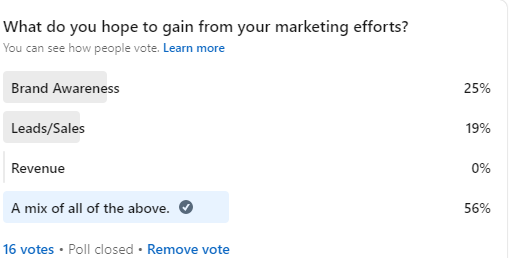
Free, low-cost trials and loss leaders help to increase sales and customer loyalty. The decision on where to offer a trial or use a loss leader is dependent on the specific product, business, and industry.
How have you used trials or loss leaders?
Share your thoughts.
Additional places to find my content and blog
WordPress: https://dangalante.me/
Tumblr: http://www.askdangalante.com/
LinkedIn: https://www.linkedin.com/today/author/DanGalante
Medium https://medium.com/@DanGalante
YouTube https://www.youtube.com/trendsettingsm
Anchor https://anchor.fm/dangalante
About Me
I’m a Strategic Marketer with Field Sales, Sales Enablement, Content Creation, and, Classroom Teacher/Trainer skill-sets using Marketing to drive Sales/Growth.
As a Marketer, I’ve worked with Start-Ups, a Political Campaign, and a Digital Marketing Conference.
I’m certified in Inbound Marketing with classes in Marketing, Product Management, Product Marketing, SEO, SEM.
Before teaching, I was an Outside Sales and Marketing Rep. selling and marketing dental products to Dentists using consultative selling, trade show marketing, field marketing, and market research.
I publish Sales, Marketing & Social Media Today a blog covering industry events and trends.
I’m seeking a full-time role in:
Inbound Marketing, Digital Marketing, Content Marketing, Product Marketing, Demand Generation, Social Media Marketing, Sales Enablement Enablement, Sales Strategy, Marketing Strategy, Employer Branding, Recruitment Marketing.
Open on title, industry, company, location, and level. Reach out on LinkedIn or at dan@dangalante.com to start a conversation.

